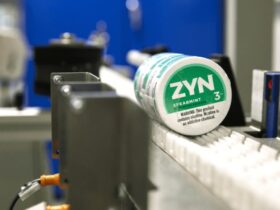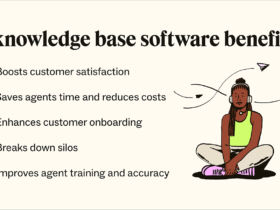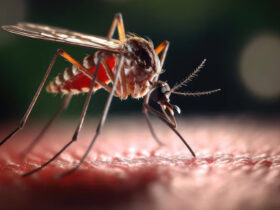Patient Care Technicians (PCTs) are pivotal components in the healthcare sector, particularly in sustaining the comprehensive care framework that caters to the diverse needs of patients. With the burgeoning complexity and demands in healthcare provision, PCTs are necessitated to embody a multiplicity of skills that ensure effective, empathetic, and technically proficient patient care. This article underscores seven indispensable skills that every PCT should encompass to foster a potent and compassionate patient care environment.
1. Clinical Competence
One of the key arenas where patient care technicians need to excel is clinical competence. Being conversant with fundamental clinical practices, such as obtaining vital signs, drawing blood, assisting with physical examinations, and aiding in routine diagnostic tests, is paramount. The complexity and variety of tasks performed by PCTs necessitate a solid understanding of clinical procedures and protocols to safeguard patient safety and wellbeing. In addition, adeptness in using medical equipment and technology further catapults the PCT’s efficacy in the clinical environment, ensuring accurate and timely procedures that can be crucial in patient management and treatment pathways.
2. Empathetic Communication
The crux of patient-centered care lies in empathetic communication. Patient care technicians often find themselves at the intersection of healthcare provision and patient interaction, making them instrumental in shaping the patient’s experience within the healthcare setting. Effectively communicating with patients and their families — ensuring they feel heard, understood, and comforted — paves the way for improved patient satisfaction and adherence to care plans. Moreover, empathetic communication assists in building trust, which is fundamental in fostering a conducive environment for healing and recovery.
3. Infection Control Proficiency
Infection control is undeniably paramount, especially in a world that has witnessed the havoc that can be wrought by global pandemics. A patient care technician must be thoroughly acquainted with infection control protocols and practices, ensuring both their safety and that of their patients. This entails adherence to sanitation protocols, judicious use of Personal Protective Equipment (PPE), and assiduous observation of sterile techniques during relevant procedures. PCTs must be vigilant about potential infection risks and must be proactive in mitigating them through meticulous practice and patient education.
4. Time Management
Working in a healthcare environment invariably involves juggling multiple responsibilities simultaneously. Effective time management is paramount for patient care technicians to efficiently navigate through their myriad of duties, from direct patient care to administrative tasks. Prioritizing activities, allocating appropriate time slots, and being adaptable to emergent situations are key components that bolster a PCT’s ability to provide consistent and timely care to all patients without being submerged in overwhelming pressures.
5. Technical Proficiency
The pervasiveness of technology in healthcare necessitates that PCTs be adept in leveraging various technologies pertinent to patient care. This encompasses Electronic Health Records (EHR) management, operating specialized medical machinery, and utilizing digital communication tools. The aptitude to utilize technological tools not only streamlines the provision of care but also ensures precision and timeliness in data management, ultimately enhancing the overall quality of care rendered to the patients.
6. Physical and Emotional Resilience
Given the physically demanding and emotionally taxing nature of healthcare work, physical and emotional resilience is indispensable for PCTs. The ability to perform physical tasks, such as lifting and transferring patients, while also navigating through emotionally intense situations, demands a robustness that ensures the sustainability of care provision. Furthermore, being emotionally resilient enables PCTs to effectively manage their mental wellbeing amidst the inevitable challenges and stressors of the healthcare landscape.
7. Teamwork and Collaboration
The provision of healthcare is inherently collaborative. PCTs work cohesively with nurses, doctors, and other healthcare professionals to orchestrate comprehensive patient care. Effective teamwork ensures seamless communication, efficient task delegation, and optimal resource utilization, ensuring that collective efforts synergize to augment patient outcomes. PCTs should be adept at both assimilating into multidisciplinary teams and contributing constructively to ensure that care provision is holistic, timely, and patient-centered.
In conclusion, the multifaceted role of patient care technicians in the healthcare sector demands an eclectic mix of skills that span clinical, communicative, managerial, and emotional domains. Cultivating and continually honing these skills not only elevates the quality of care delivered to patients but also enhances the PCT’s personal and professional development within the dynamic healthcare environment.




































